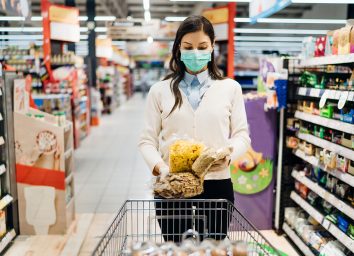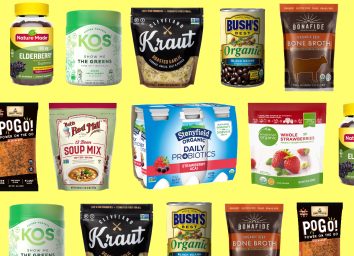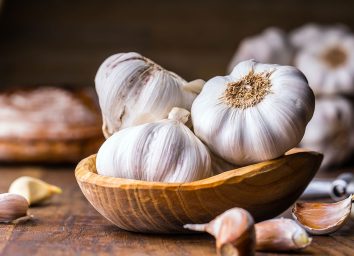How to Save Money on Groceries During the COVID-19 Pandemic
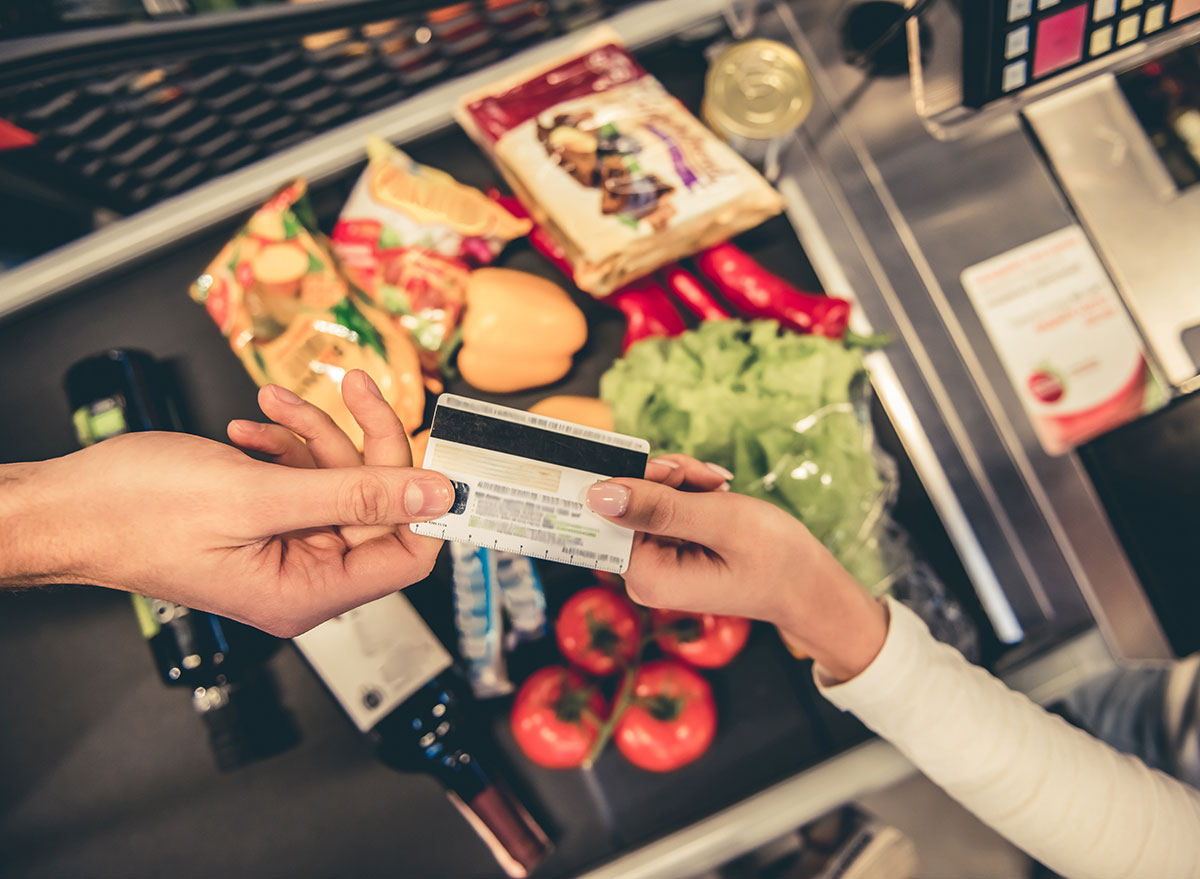
The U.S. economy is taking a massive dive in response to the spread of COVID-19.
As of last Thursday, over 280,000 people filed for unemployment nationwide in one week. With so many Americans losing their jobs, we thought it would be helpful to pull together a few tips on how to save money on groceries during this trying time—and we turned to an expert for advice. We spoke with Dr. Lisa Kennedy, Managing Principal and Chief Economist at Innopiphany, who specializes in health economics and has a Ph.D. focused on respiratory infectious disease.
But before we disclose her money-saving tips that you can adopt on your next grocery run, we asked her to share some insight about COVID-19 and why it's important for the world to take necessary precautions to mitigate the spread of the disease.
Can you speak on the medical necessity for shutting down non-essential businesses in major metropolitan cities?
"This virus spreads from person to person contact and cities have more of this. Viruses spread rapidly in close quarters and the coronavirus is no exception, except it spreads even faster in one way, because humankind has never encountered it and doesn't have the immune defense that we see in other viruses," explains Kennedy. "Rapid spread in cities is a product of being in such close proximity to other people that gives the virus the opportunity to move around from person to person faster, and also, there are far more people in sheer numbers to impact."
Currently, 5 percent of the world's confirmed cases are in the largest city (by population) in the country: New York City. Aside from NYC, several cities and states have mandated a complete shutdown of non-essential businesses, which means a lot of people are at risk of losing or have already lost their jobs.
RELATED: Restaurant Industry Expects the Loss of 5 to 7 Million Jobs Due to Coronavirus.
What kind of impact will this pandemic have on the national economy?
"We haven't seen anything like this for over 100 years—not since 1918—and most people who experienced this shock aren't around to share their experience. It's unprecedented," says Kennedy.
It's true, the last pandemic the world experienced is known as the 1918 influenza pandemic, also referred to as the Spanish Flu of 1918. It's remembered as the deadliest pandemic of the 20th century, having killed an estimated 50 million people across the globe. The most recent calculations for the case fatality rate for COVID-19 is 2.3 percent, meaning over 2 percent of people who have been infected with the virus, globally, have perished.
"Economic growth is falling—estimates are constantly changing to keep up with the ultra-fast pace in which this virus is moving , so we could see anything less than 0.5 percent GDP growth for the US to 0 percent in 2020," says Kennedy. "Some businesses who can't hang on over the next 18 months and don't get some support in terms of government efforts, loans or cash could shut [down] forever."
If you or someone in your family has lost their job, then you may be in need of some money-saving tips, and Dr. Kennedy has a few that helped her get through challenging financial times.
"I spent a year working for a start-up with no pay and had to live off my savings," she says.
Here are three tips to help you get through this pandemic.
How to save money on groceries.
Purchase inexpensive cuts of meat
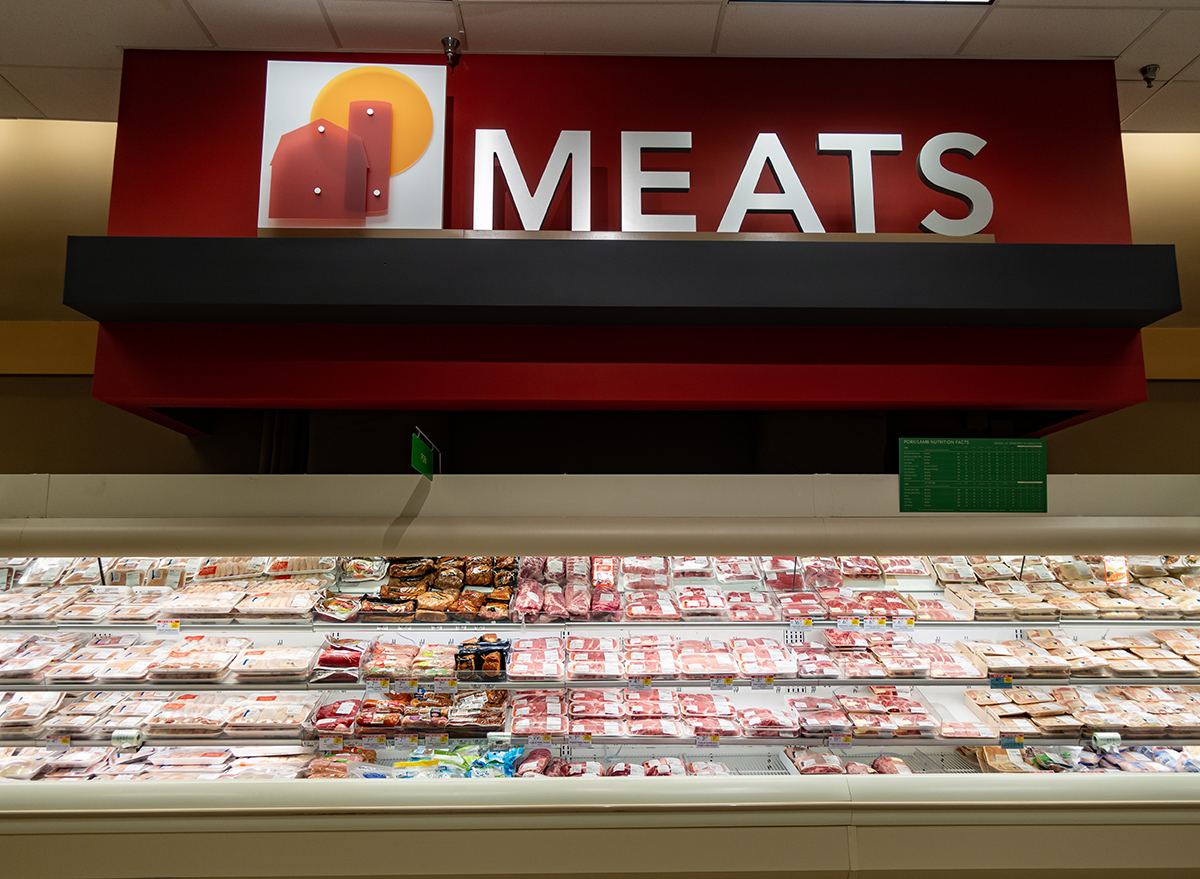
"Meat is often the most expensive addition in any grocery bill. Find less expensive but flavorful cuts; instead of buying chicken breasts, switch to thighs and whole chickens to roast which can be a cheaper way to buy meat," she says.
In addition, she recommends making the most of the meat you cook. For example, after taking what you want from a roast chicken for your meal prep for the week, you can use the remainder of the chicken in a soup.
Reduce meat consumption
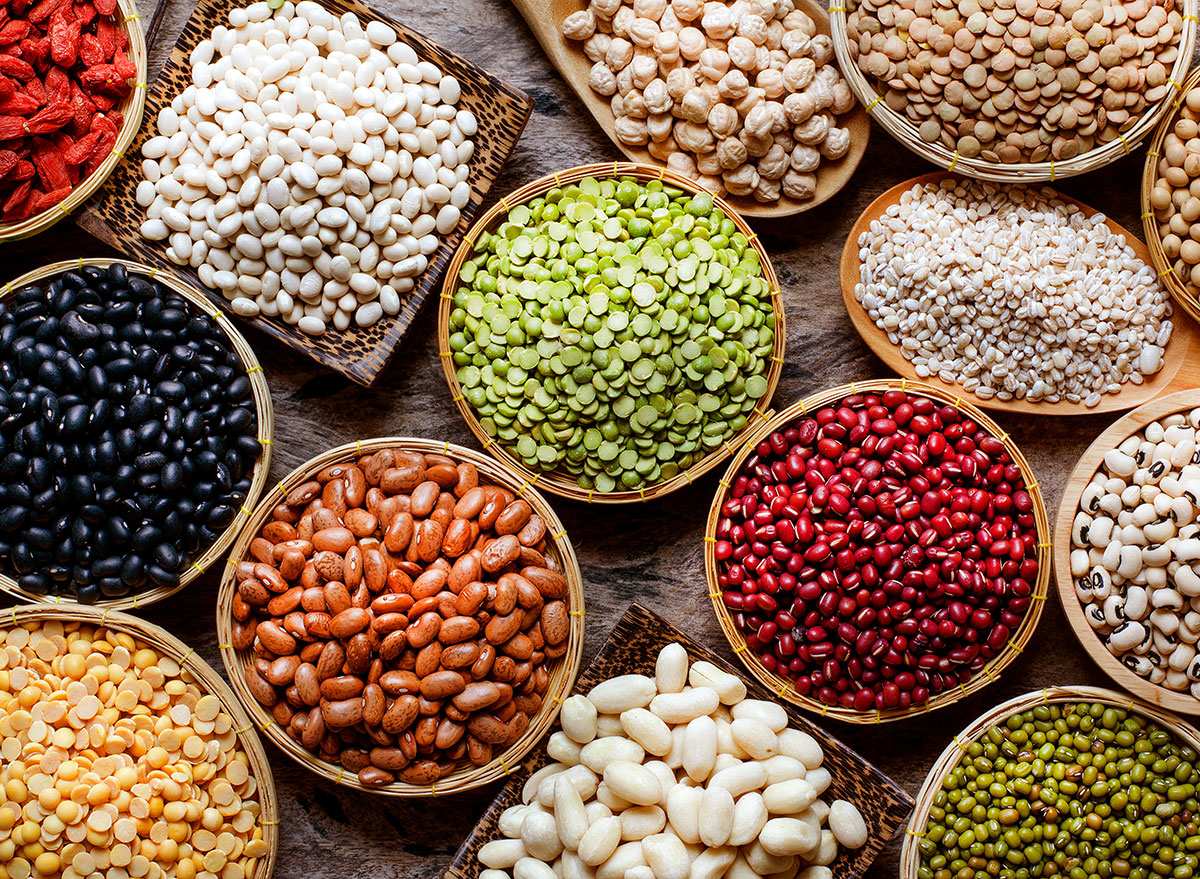
"Cut back on meat in favor of other heart healthy protein alternatives such as nuts, pulses or tofu," says Kennedy. "If you like beans or lentils, opt for dried versions.
Even though dried varieties require soaking, they're often less expensive than their canned counterparts.
"Consider making this an experience to try some vegan or vegetarian recipes a few nights a week. A lot of nutritionists suggest this is also good for your health," adds Kennedy.
Buy locally-sourced produce
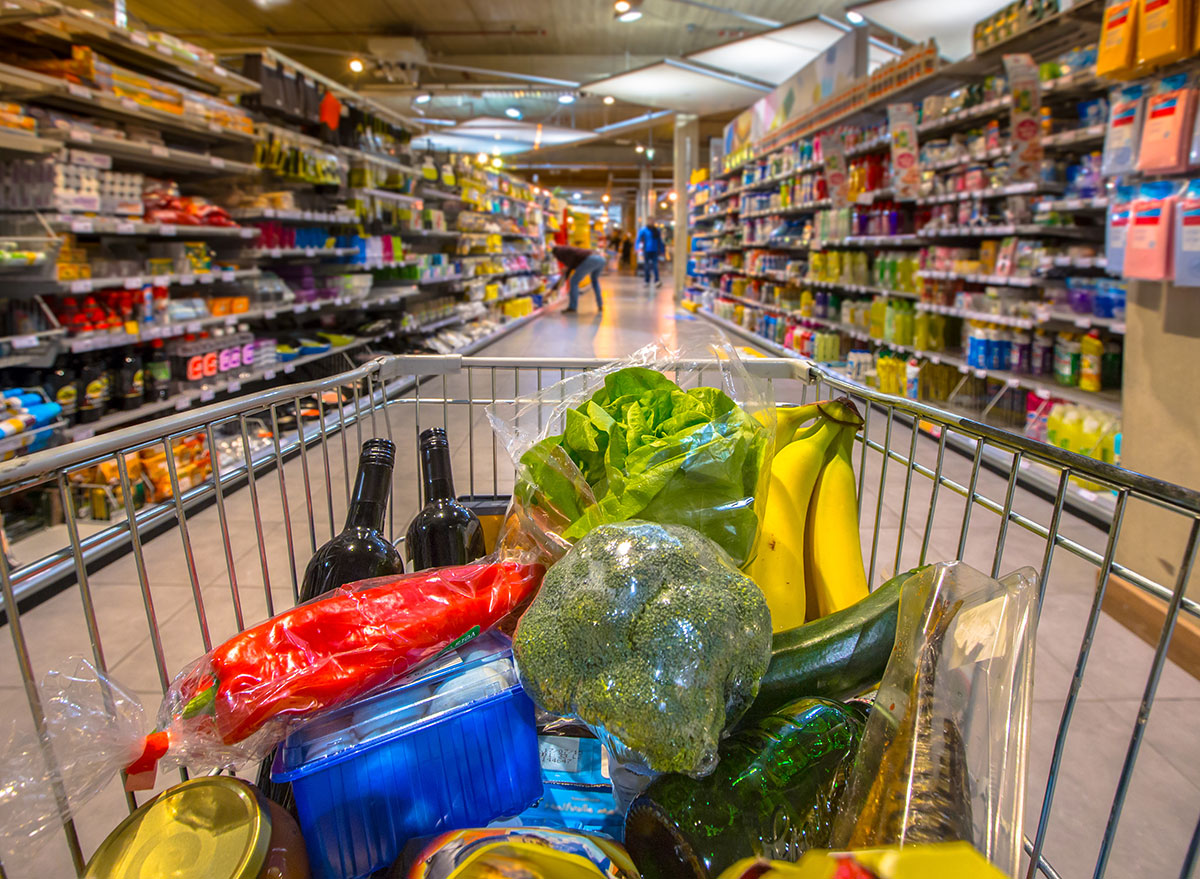
"Try to find a separate market for fresh produce if possible," suggests Kennedy. "Some locations have stores where the produce is sourced locally or through lower cost providers, and this can drastically lower grocery bills."
When is this virus projected to peak in the U.S.? Do you think shutdowns and self-quarantine will reduce that time frame?
"It's best to see this as a marathon not a sprint. Shutdowns and quarantine in the best case will not necessarily reduce peak cases but will reduce the pressure on the healthcare system, enabling them to better respond," Kennedy clarifies. "It will allow the healthcare system to gear up in what has been one of the most rapid health crises we've seen in modern times."
Best case scenario? Mandated shutdowns and quarantines could potentially contain the virus and stop it from spreading. However, it's not that simple. Other factors are at play.
"Right now with such a case explosion, lack of adequate testing, plus global and domestic travel, this is extremely optimistic, she adds.
The key may be just be as simple as taking it day-by-day. In the interim, all you can do is remain calm and listen to the facts. Now that you have a better idea of how to save money on groceries during a pandemic, here are 7 Tips for Safe Grocery Shopping Amid Coronavirus Concerns.
